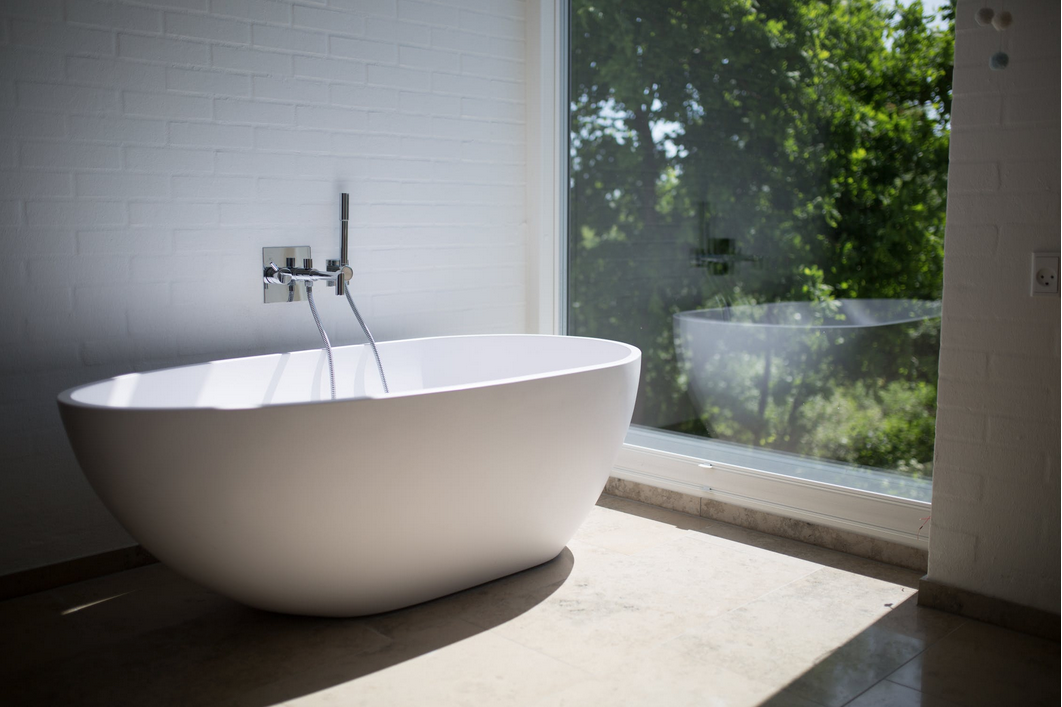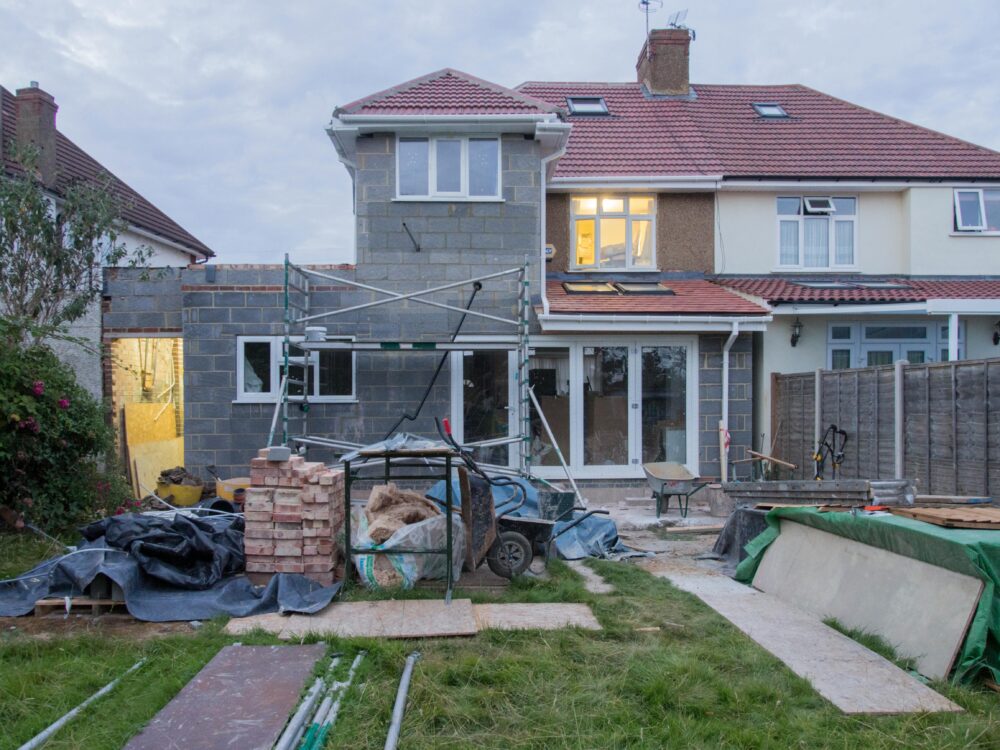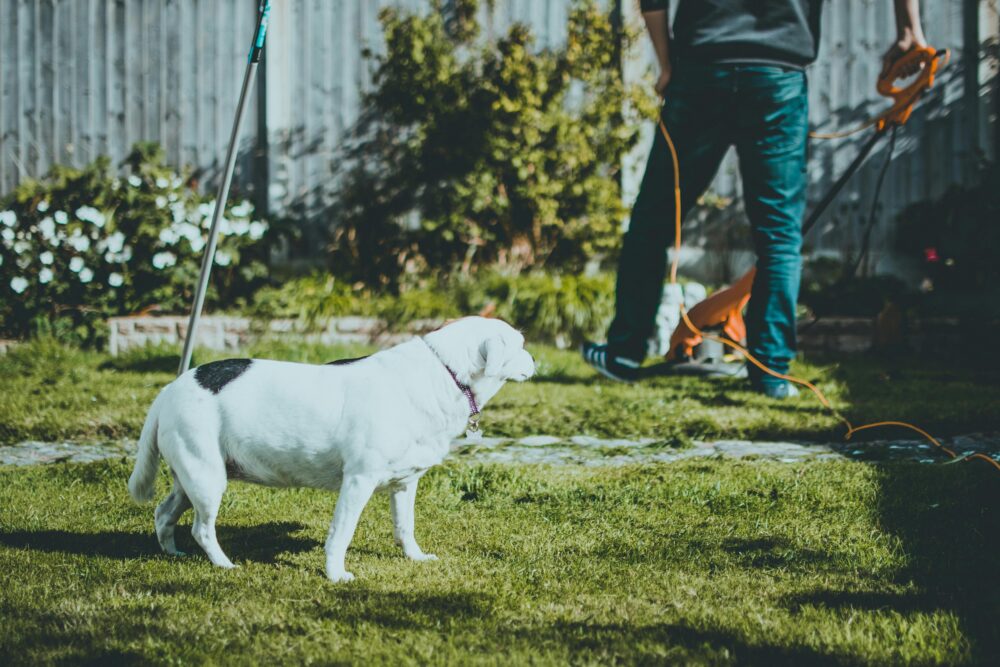
Do you have dripping faucets, backed-up toilets or drains that won’t empty? When your plumbing goes awry, it can be anything from a minor annoyance to a complete disaster. However, you can catch problems when they’re still minor if you know what signs to watch for. Read on to learn how to identify and repair four common plumbing problems.
Clogged Drains
When water stops flowing down your drain, the usual culprit is an accumulation of hair, grease or other debris combined with soap scum. A pipe snake and some drain cleaner can usually get a dirty drain flowing again, but sometimes the problem is more stubborn. You may be dealing with an especially tough clog or a foreign object lodged in your drain. Try taking the pipe apart or call a plumber to handle the job.
Septic Tank Failure
Many first-time septic owners encounter problems within the first few years because they don’t realize that a septic system requires more maintenance than hooking onto the city sewer. The first signs of a failing septic tank include puddles of water on the ground, toilets and drains that constantly back up and unpleasant smells emanating from pipes. You can prevent septic tank problems before they start by having your tank regularly maintained by professionals, like those at American Pumping Service.
Malfunctioning Water Heater
A water heater on the fritz can leave you with more than just a cold shower. When the pressure valve and thermostat fail at the same time, the tank can explode and damage your home. If steaming hot water is coming out of your faucets or your water heater fails a pressure valve test, shut off the unit and call a plumber right away.
Slab Leak
A slab leak is a leaking pipe buried within or below your home’s concrete slab foundation. This type of leak often goes unnoticed until it leaves your home flooded, but there are many subtle signs of a slab leak. Warm spots on your floor often mean there is a hot water pipe leaking below. Other warning signs include an inexplicable spike in your water bill, damp spots or mold growth on your carpet and abnormally low water pressure.
Remember, the best way to prevent a plumbing disaster is regular maintenance. Keep pipes clean, septic tanks pumped and water heaters in good repair to avoid major problems down the road. An ounce of prevention can save you thousands of dollars and a lot of headaches.


